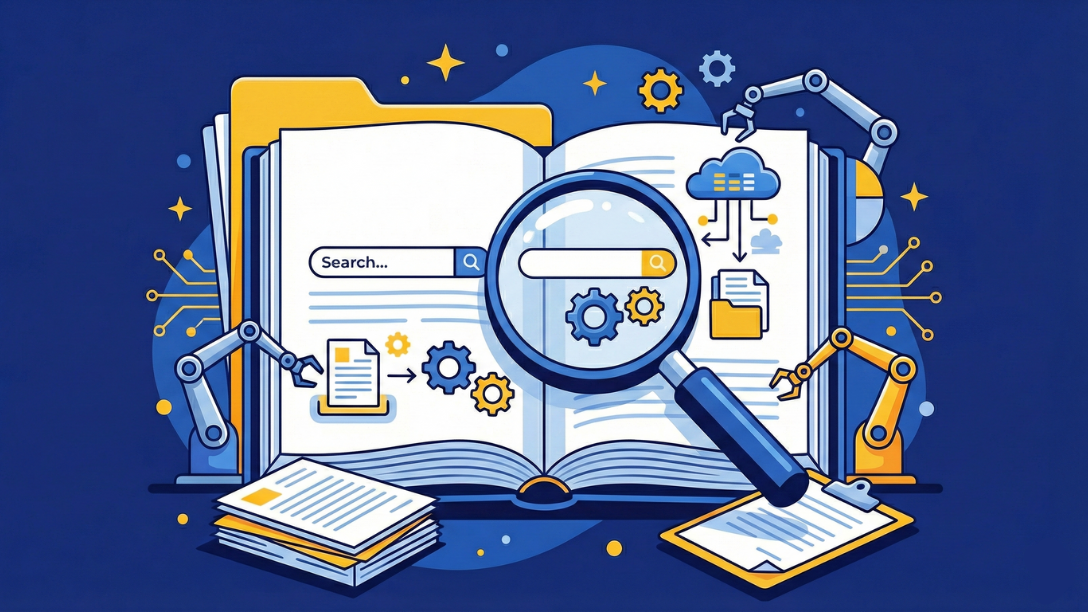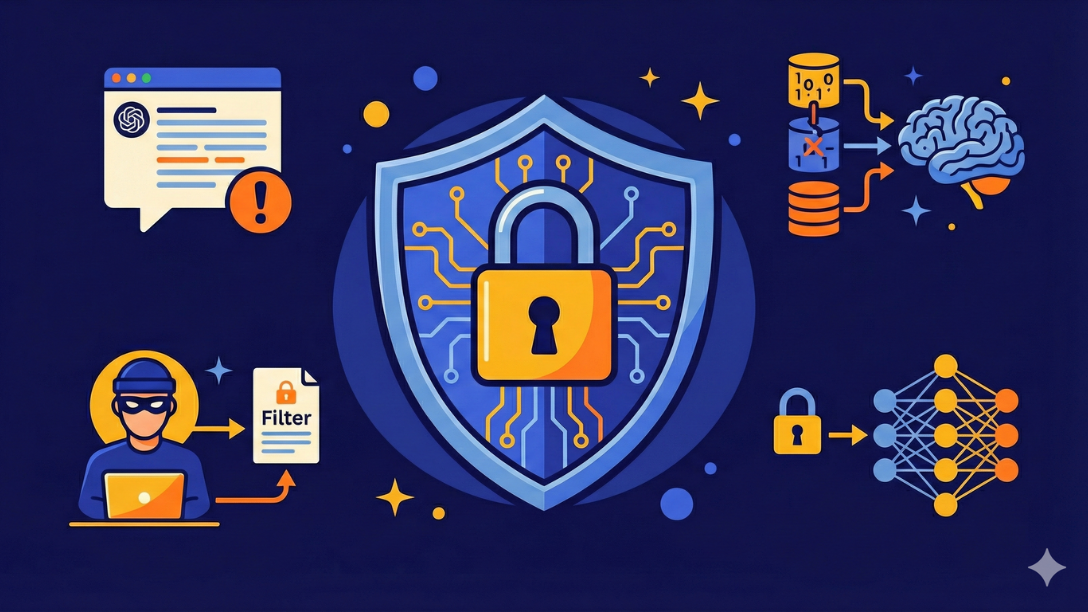Grandes entreprises : comment l’IA peut (enfin) réconcilier vos équipes avec la recherche documentaire
Procédures RH, fiches produit, politique d'entreprise... La documentation interne devient vite un incontournable pour tous les collaborateurs. Mais plus l'entreprise grandit, plus les procédures s'empilent et accéder à l'information devient un véritable défi.


.jpg)




